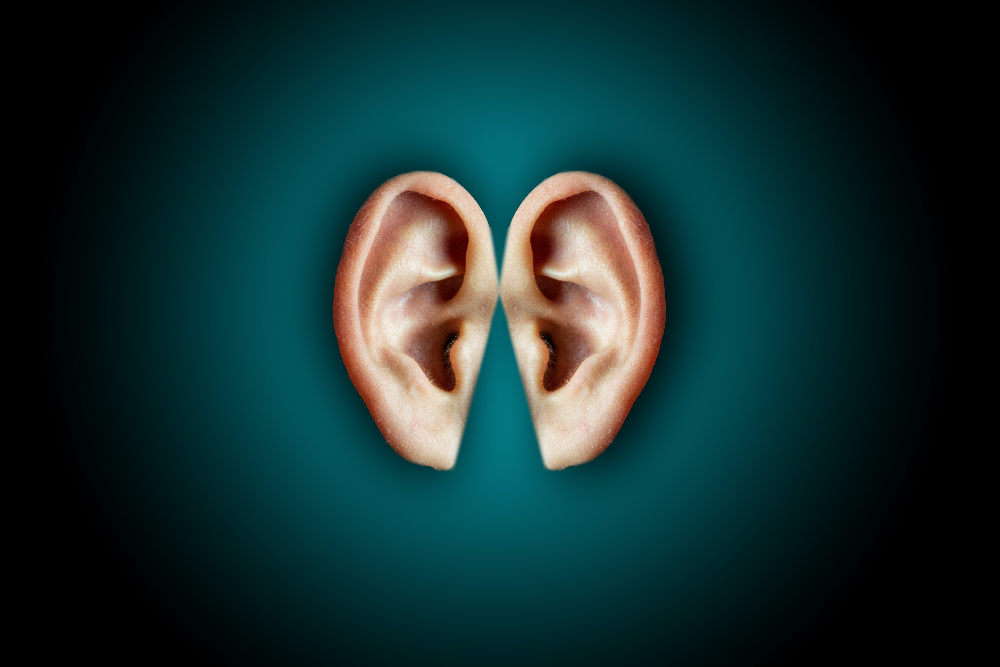Hearing loss is one of the major causes of dementia. Here’s how to prevent cognitive decline.
Hearing loss is a frustrating reality for many people. Considered to be an effect of aging or long-term exposure to loud noises, such as employment in the construction field, problematic hearing impacts thousands of people each year, and according to Mayo Clinic, most of the time, when the loss happens, it’s irreversible. The major signs might include muffling of speech and difficulty understanding words and consonants, and individuals whose hearing has declined often opt to wear hearing aids, which can amplify volume. According to a recent research published in JAMA Neurol, these hearing aids not only improve one’s ability to hear audible noises, but may actually prevent cognitive decline and dementia, too. For older persons who are hard of hearing, this is good news!
When researchers in Singapore reviewed eight long-term studies including adults with hearing loss, they found participants who wore hearing aids were 19 percent less likely to show signs of cognitive decline compared to those who did not. Individuals with hearing issues using aids showed less symptoms compared to their counterparts, overall, and in some cases, cognitive functioning actually improved. During the review, 11 papers showed a performance boost of 3% in short-term cognitive tests when hearing aids were used versus when they were not used.

There are various reasons that dementia has been linked to hearing loss. First, those who have trouble understanding others tend to isolate themselves and isolation is one of the factors that has been proven to lead to the disease. Hearing loss also increases activity in the brain’s temporal lobe, which opens it up to cognitive deficits, including memory loss. Trying to understand the speech of others when one cannot hear well is difficult and this causes a need for great concentration, which inevitably leads to mental fatigue.
According to SF Audiology, hearing loss is also associated with other mental health issues. Since it requires more focus to understand the speech, this leads to mental fatigue, while also reducing gray matter in the brain. This increases the likelihood of a person developing anxiety or depression.
In addition to isolation and loss of hearing, there are other major risk factors to dementia, according to The Lancet Commission, including excessive alcohol use, smoking, obesity, inactivity, depression, diabetes, education level, hypertension, air pollution and brain injury. It’s important to note that getting older does not guarantee the loss – there are some older adults who still have full hearing.
Although these results do show great benefit to the mind, the JAMA study author concludes that complete cognitive benefits of hearing aids can only be established through investigations in randomized trials. In other words, follow-ups should be performed to see if the data holds true.
Visiting with an ear, nose and throat (ENT) specialist is the first step in getting problematic hearing addressed. From there, the doctor may recommend that a patient consider a hearing aid. Opting to wear one might not only help individuals communicate with loved ones and improve reaction time and learning, but may slow the aging process. All in all, hearing aids could prolong one’s quality of life.
Sources:
Hearing Aids May Help You Avoid Dementia, Study Finds
Hearing loss is a major risk factor for dementia. Hearing aids can help.
Dementia prevention, intervention, and care: 2020 report of the Lancet Commission
Association of Hearing Aids and Cochlear Implants With Cognitive Decline and Dementia


Join the conversation!